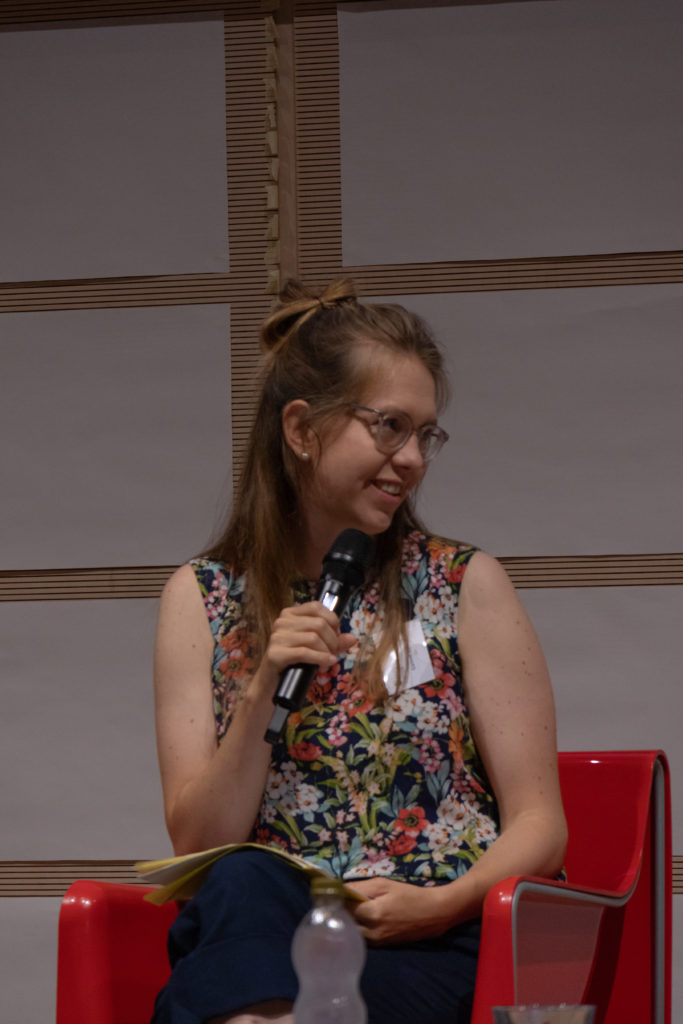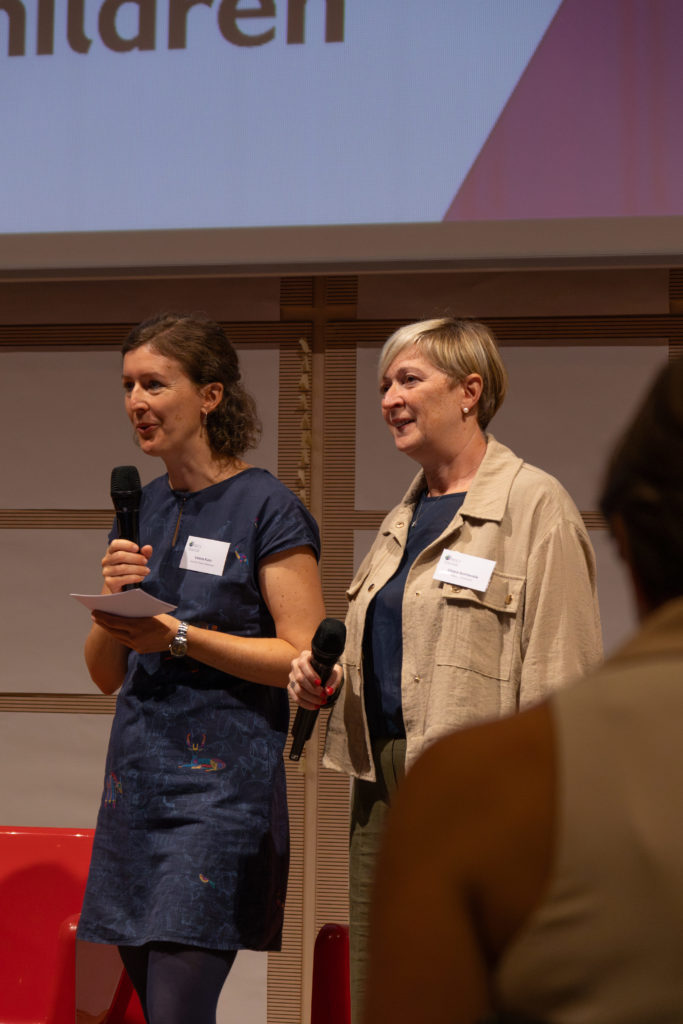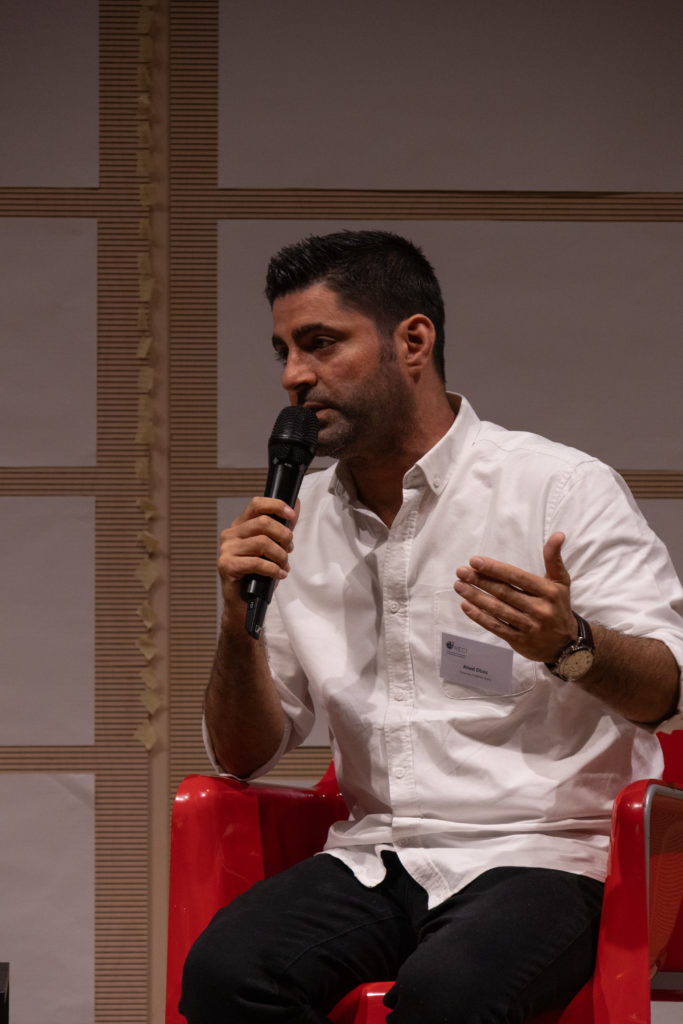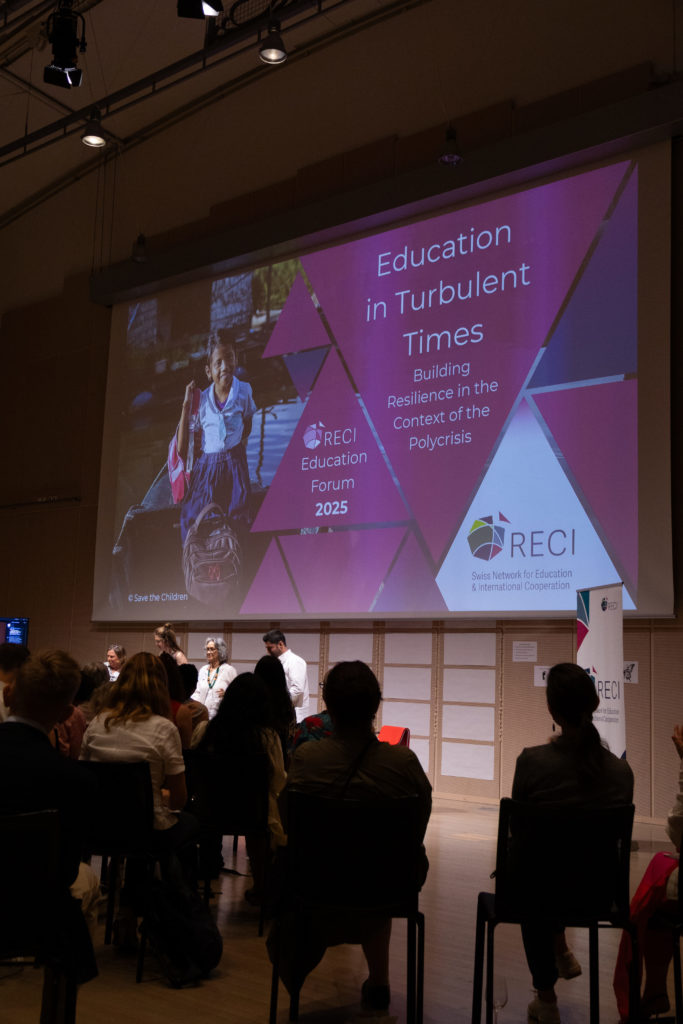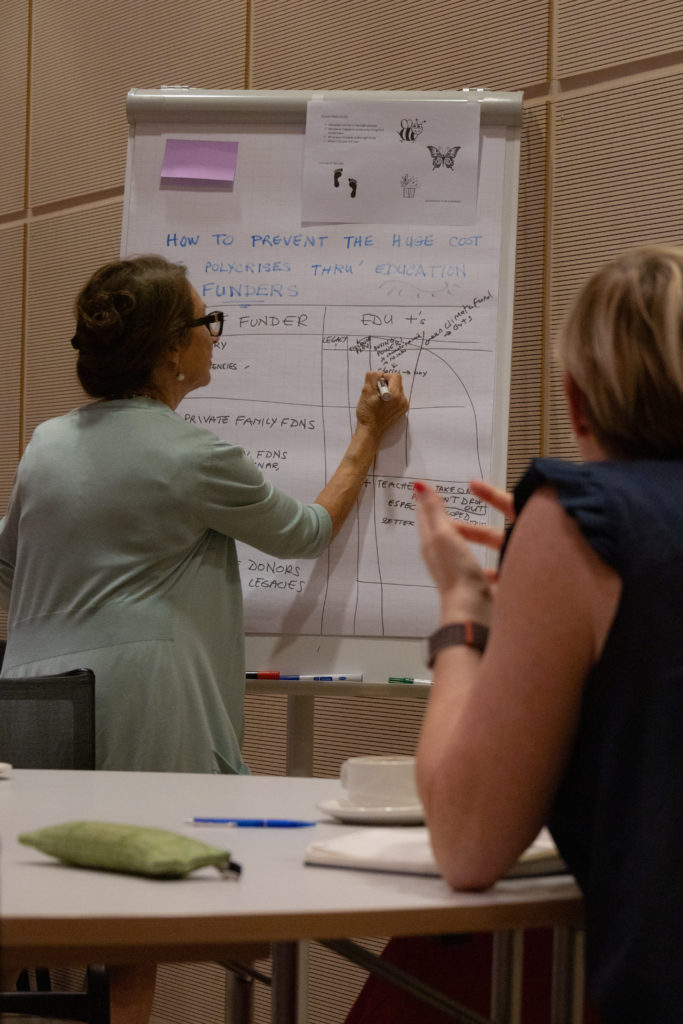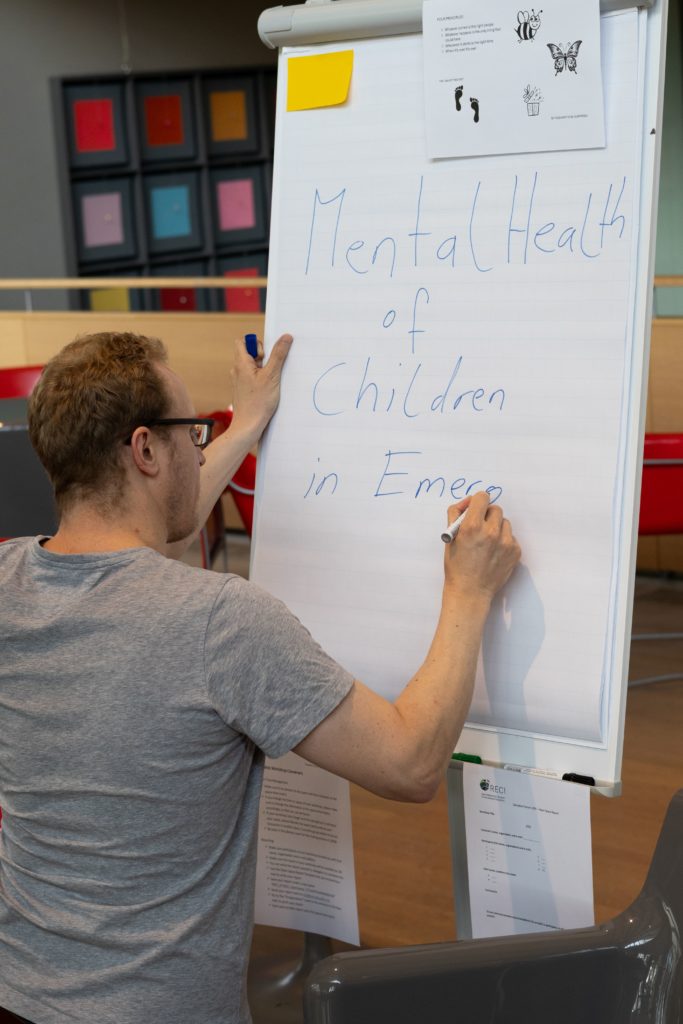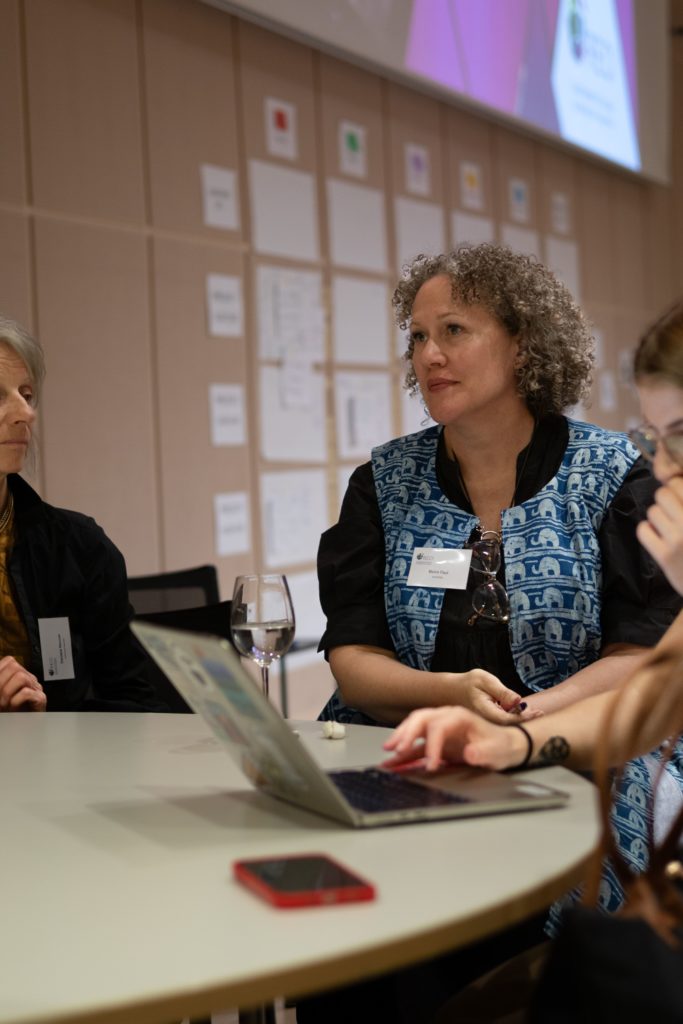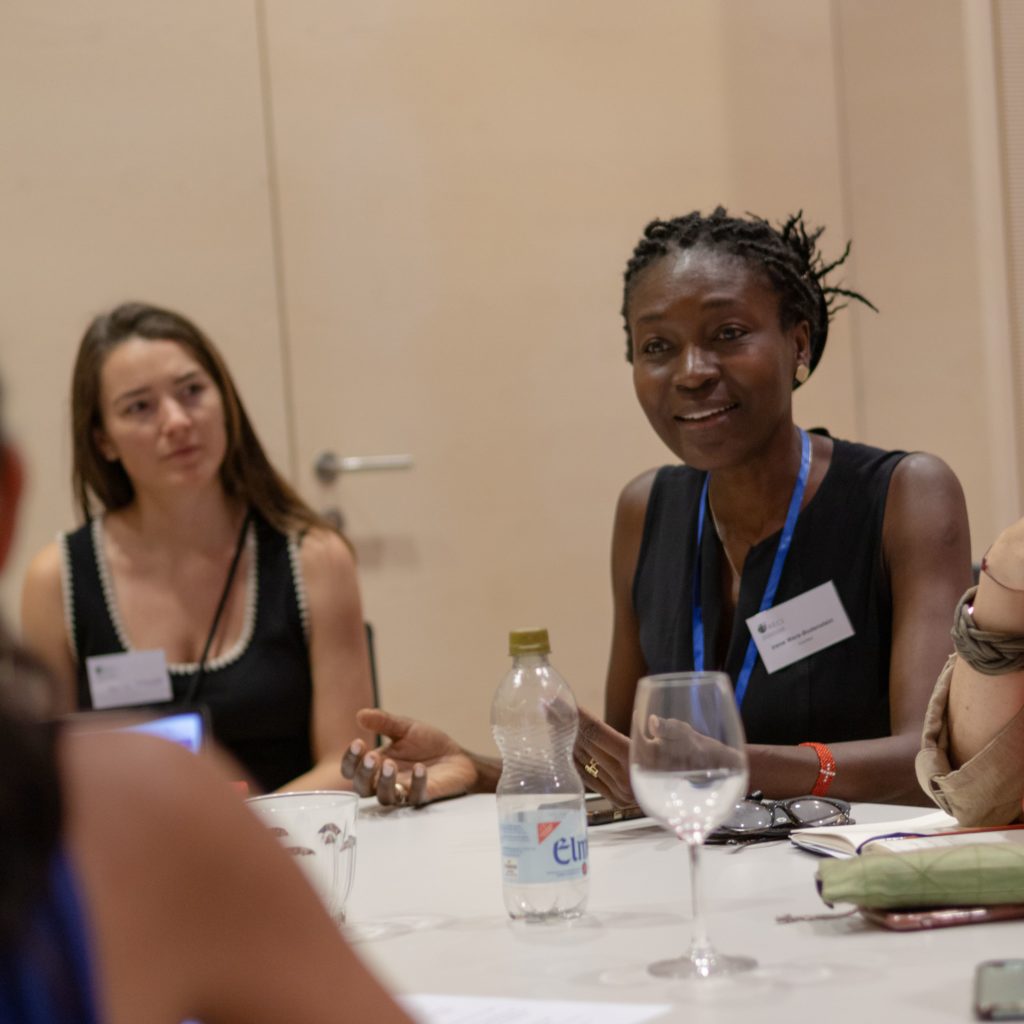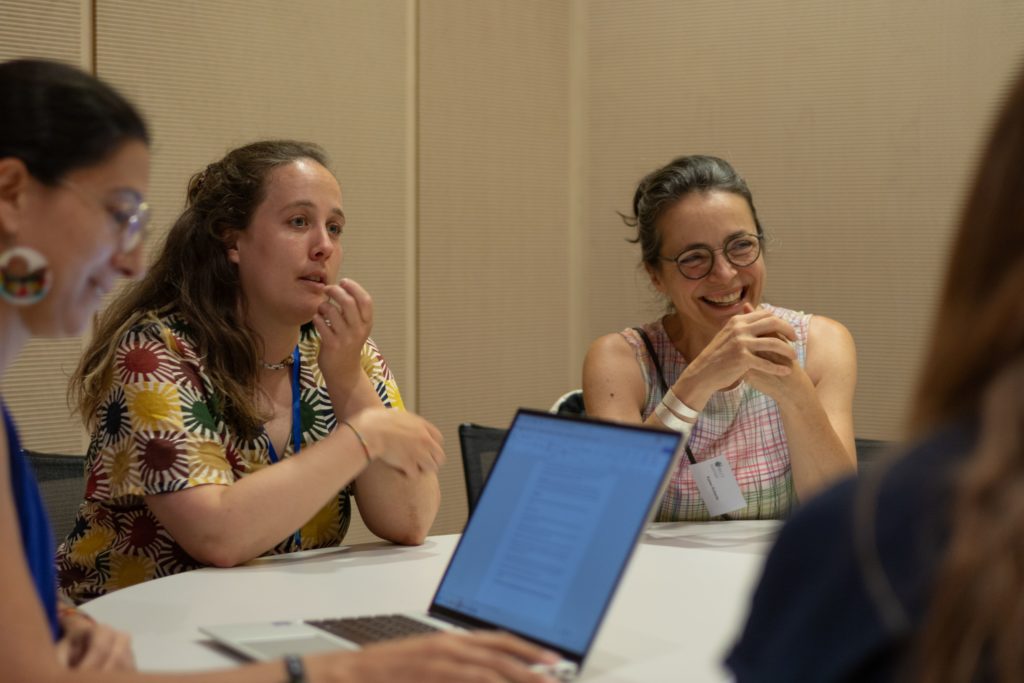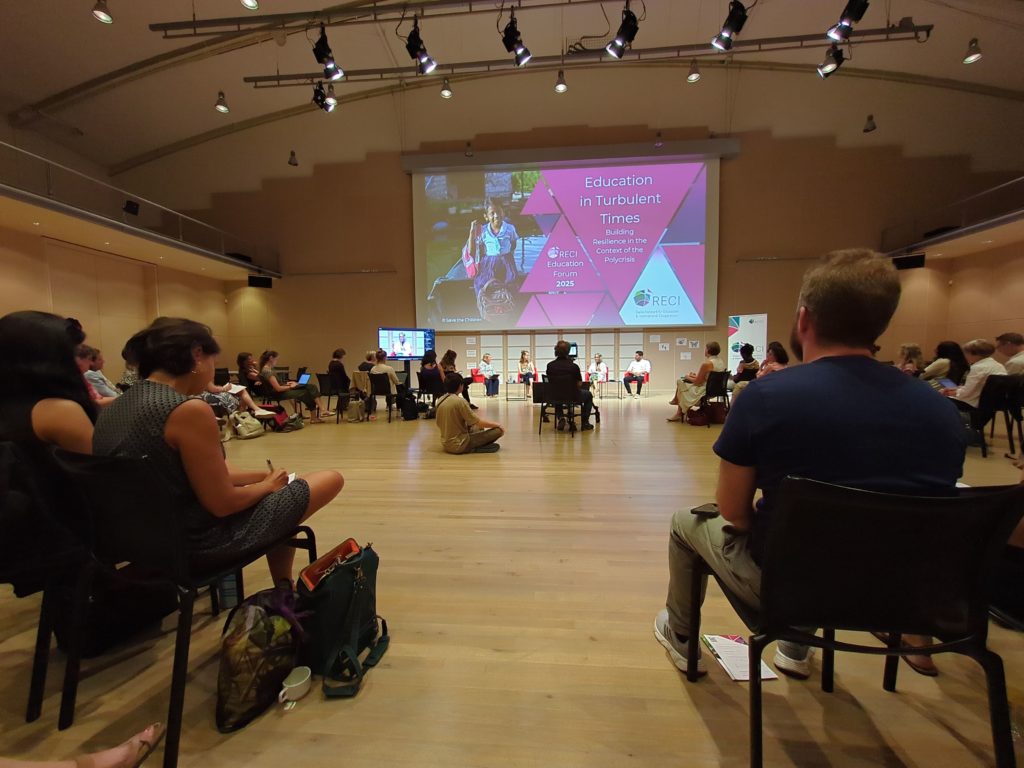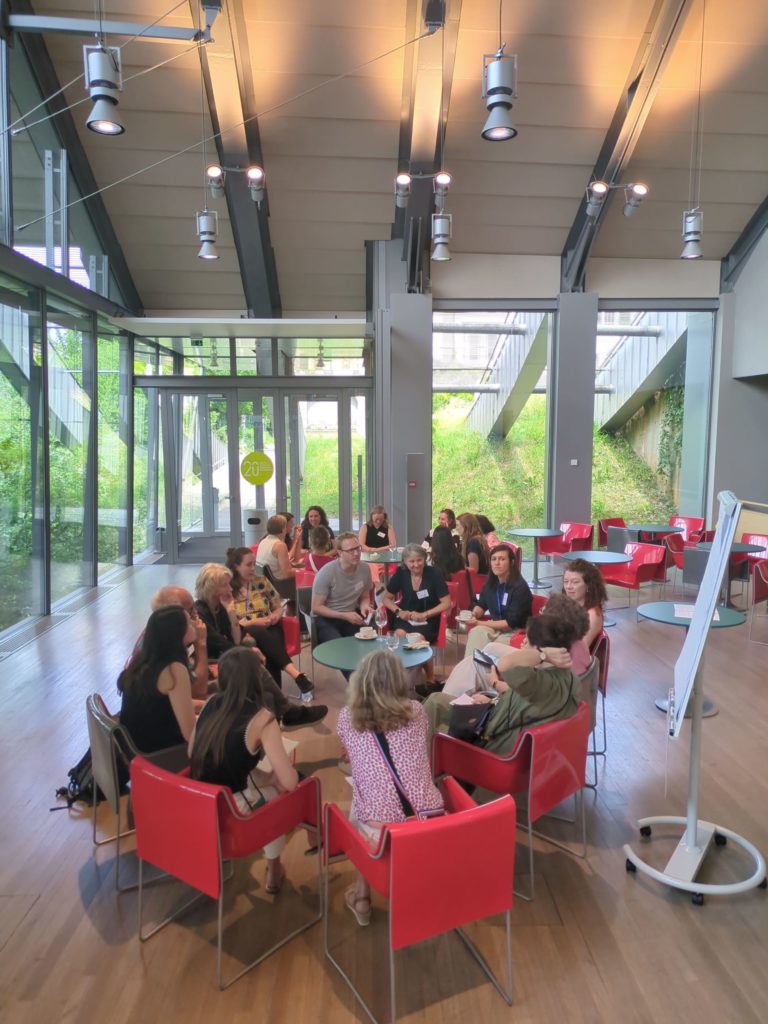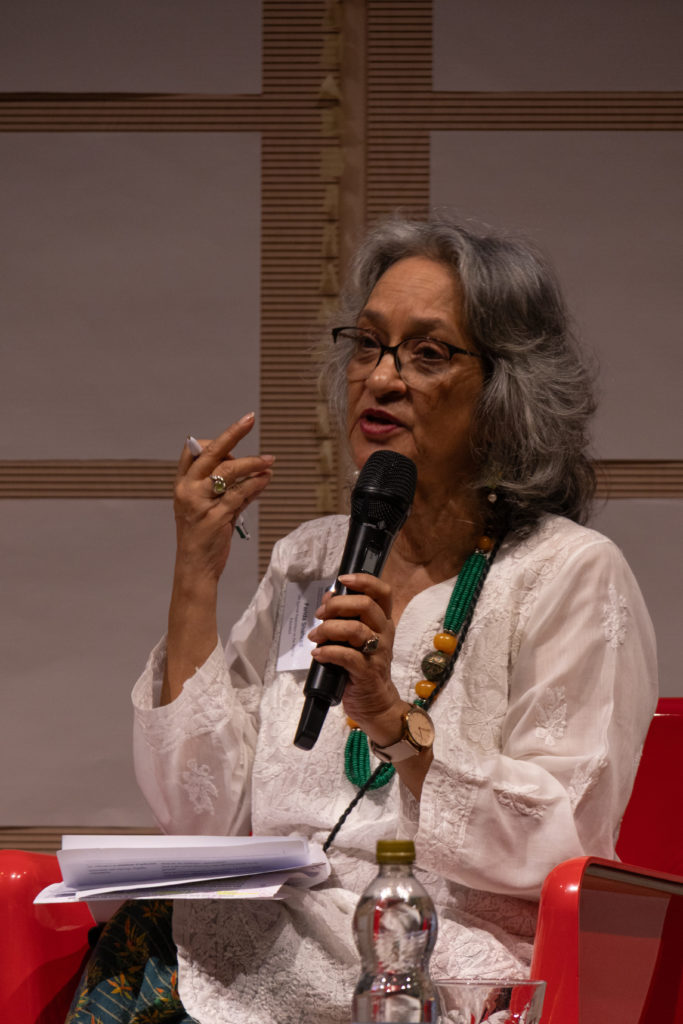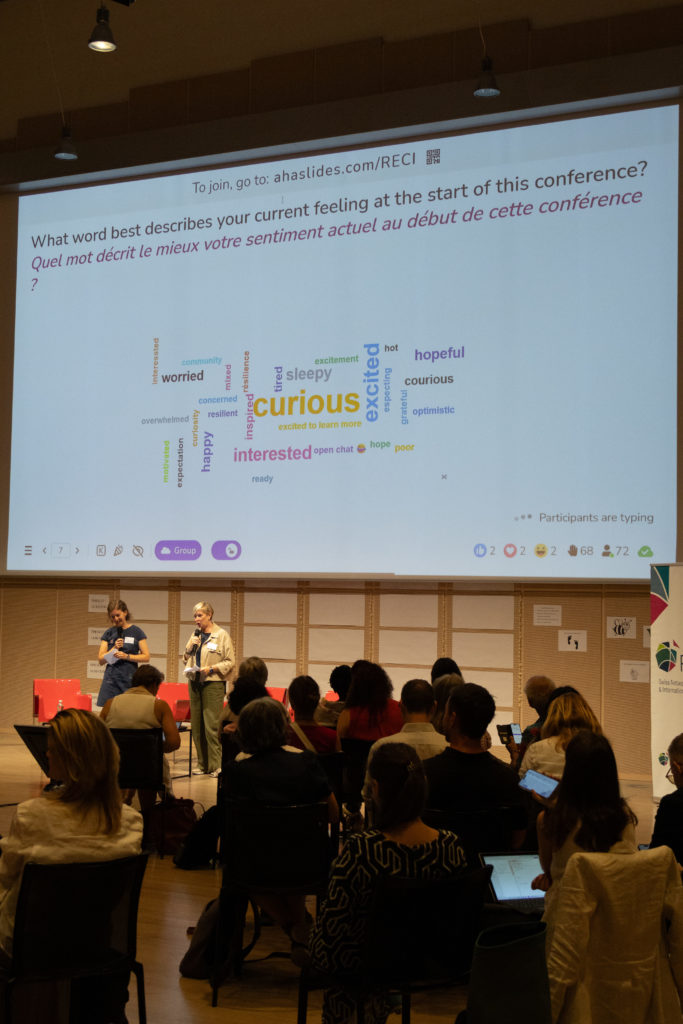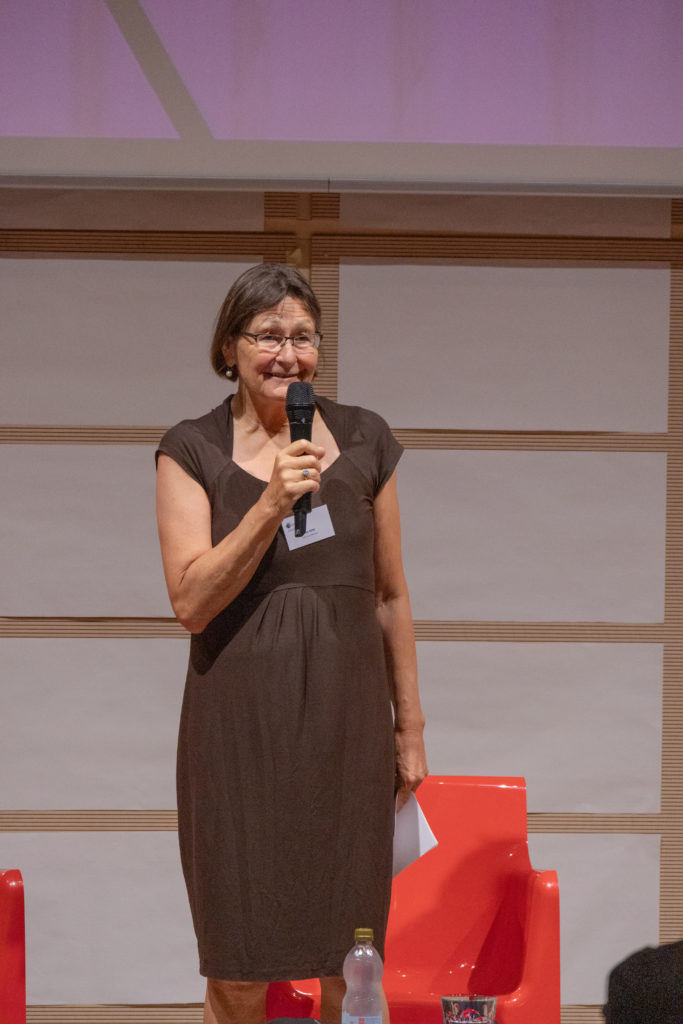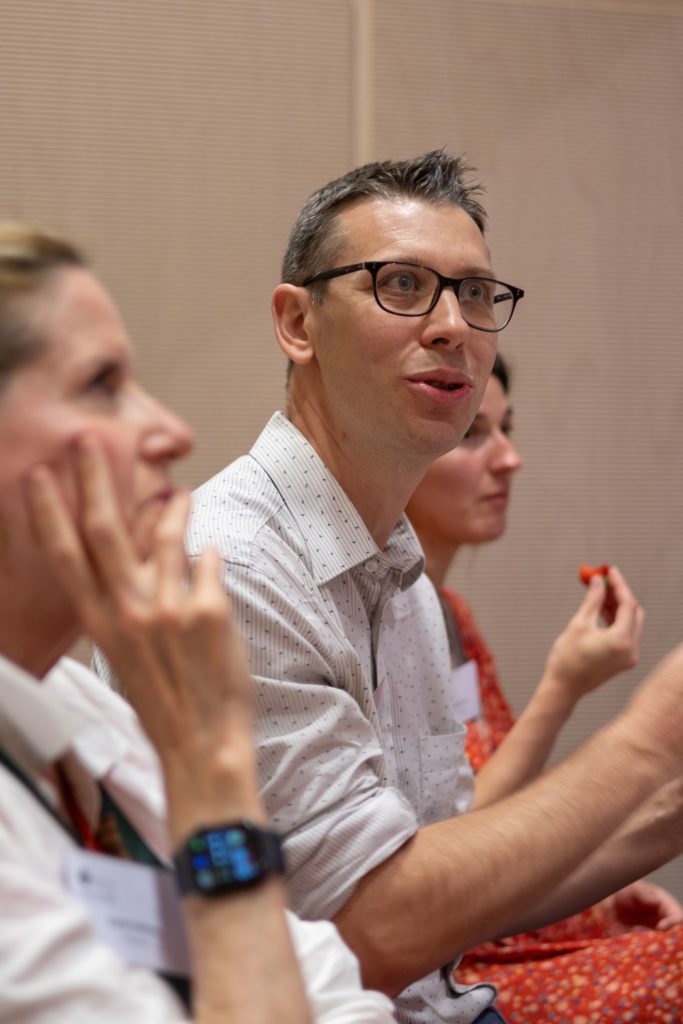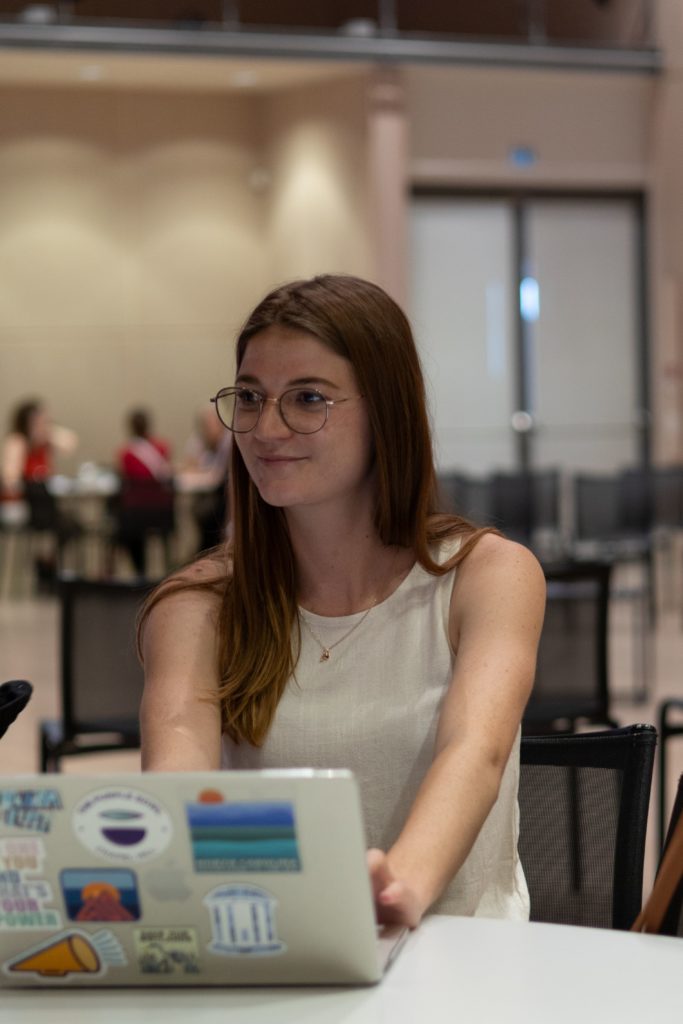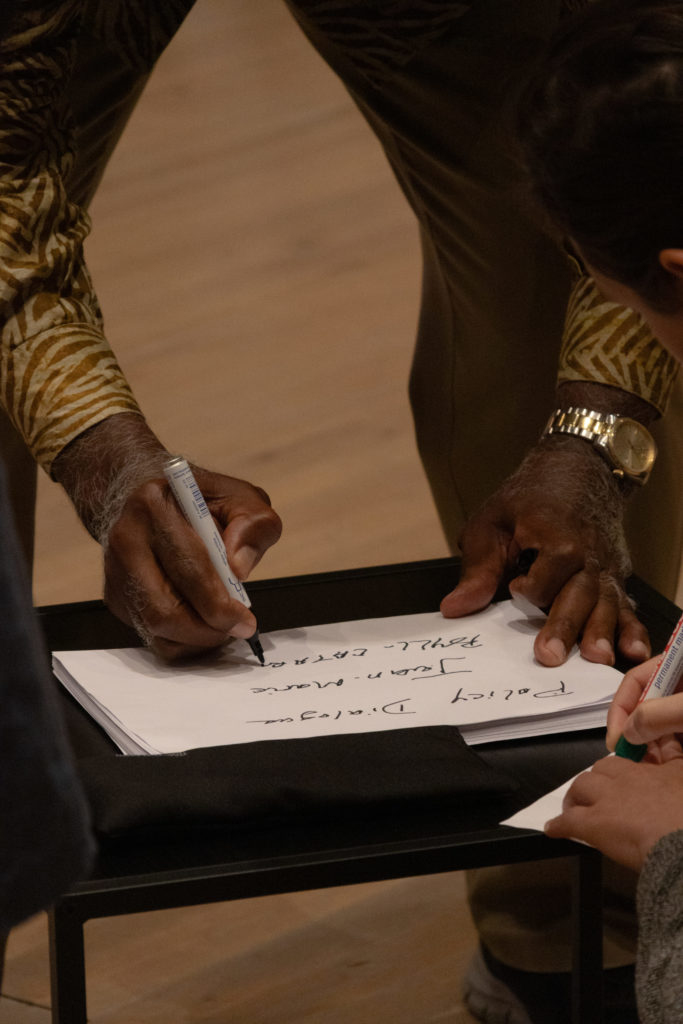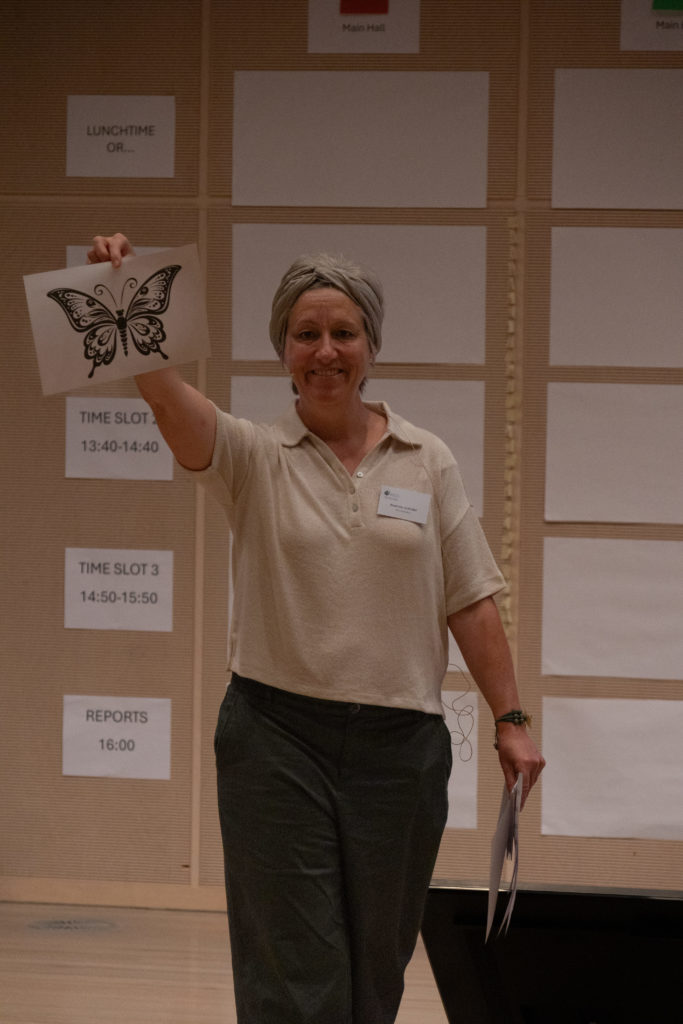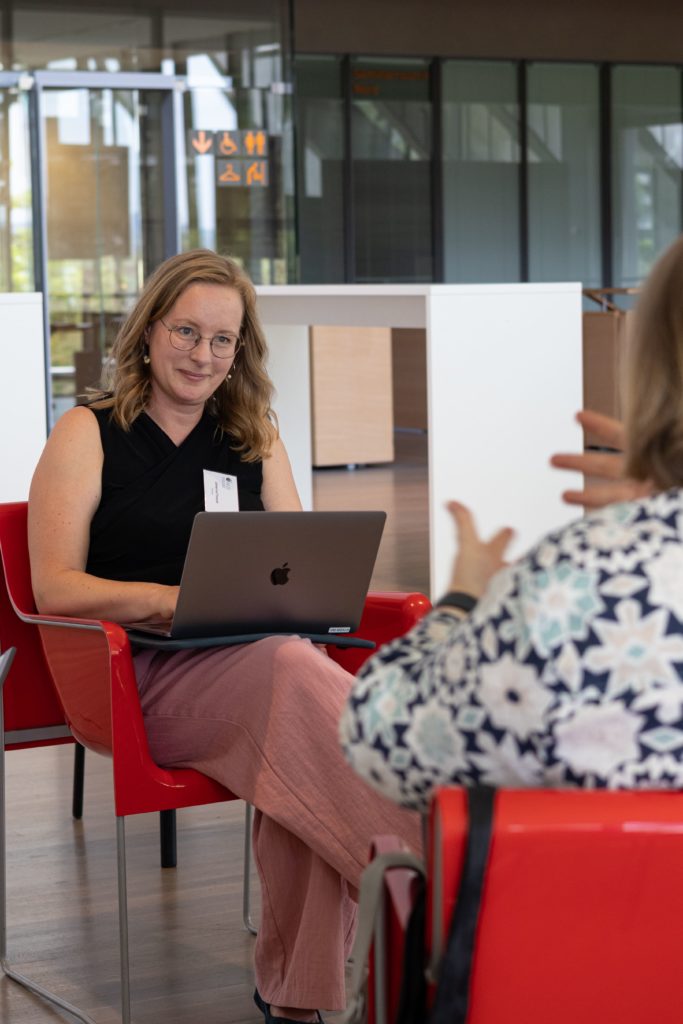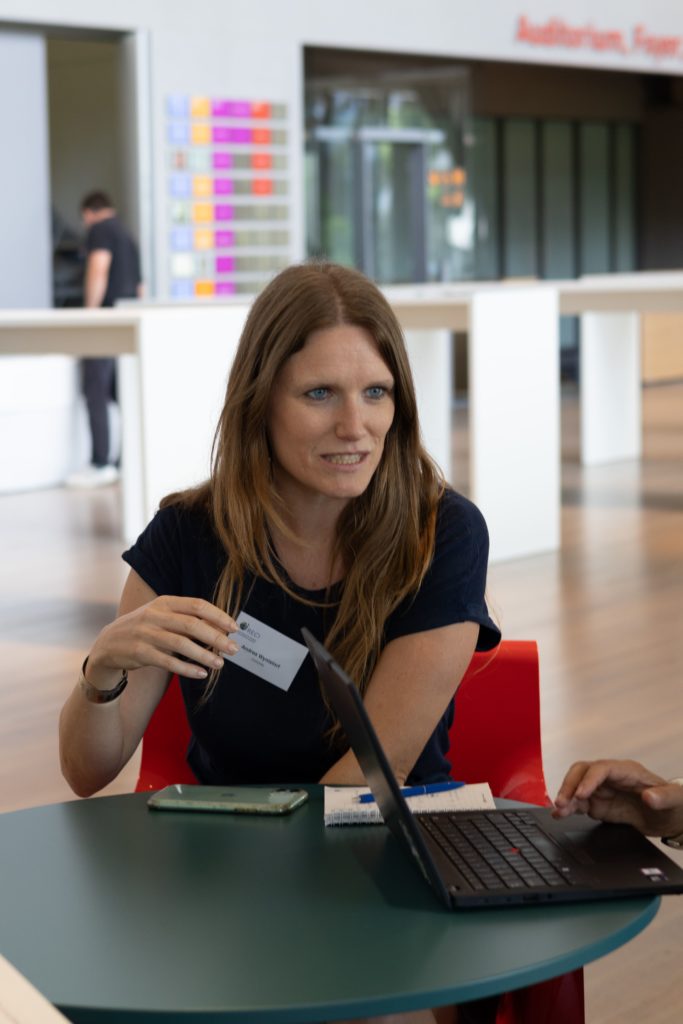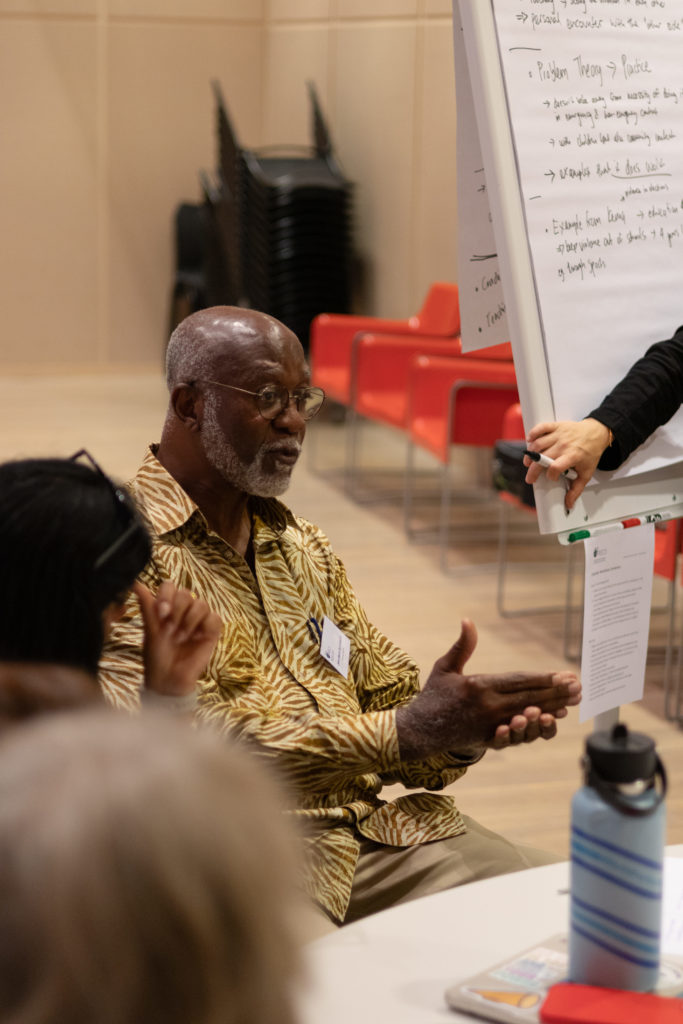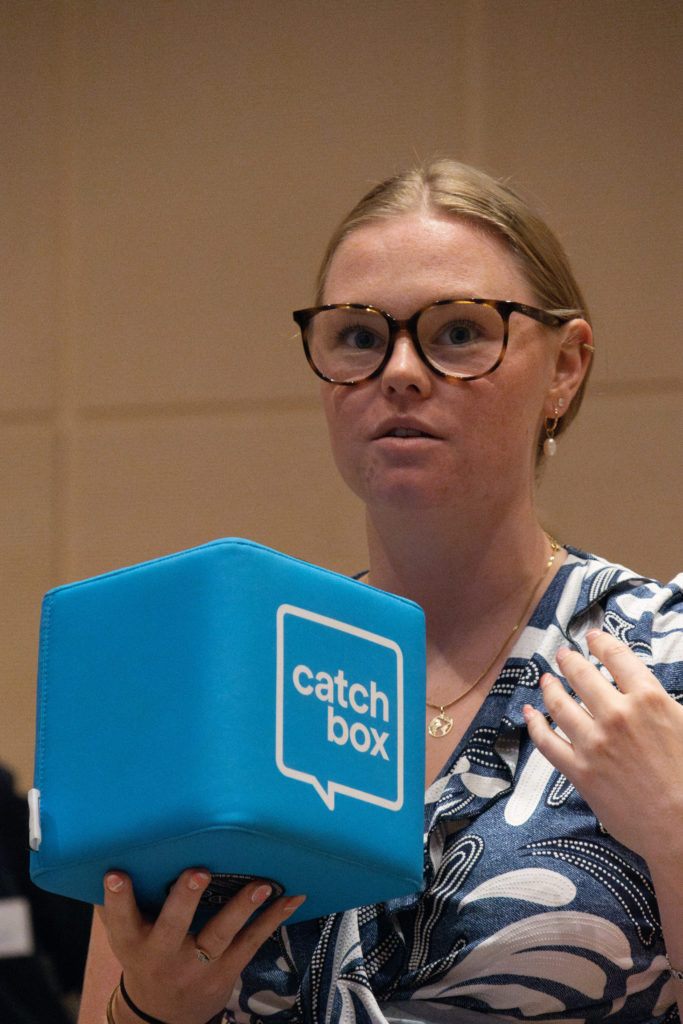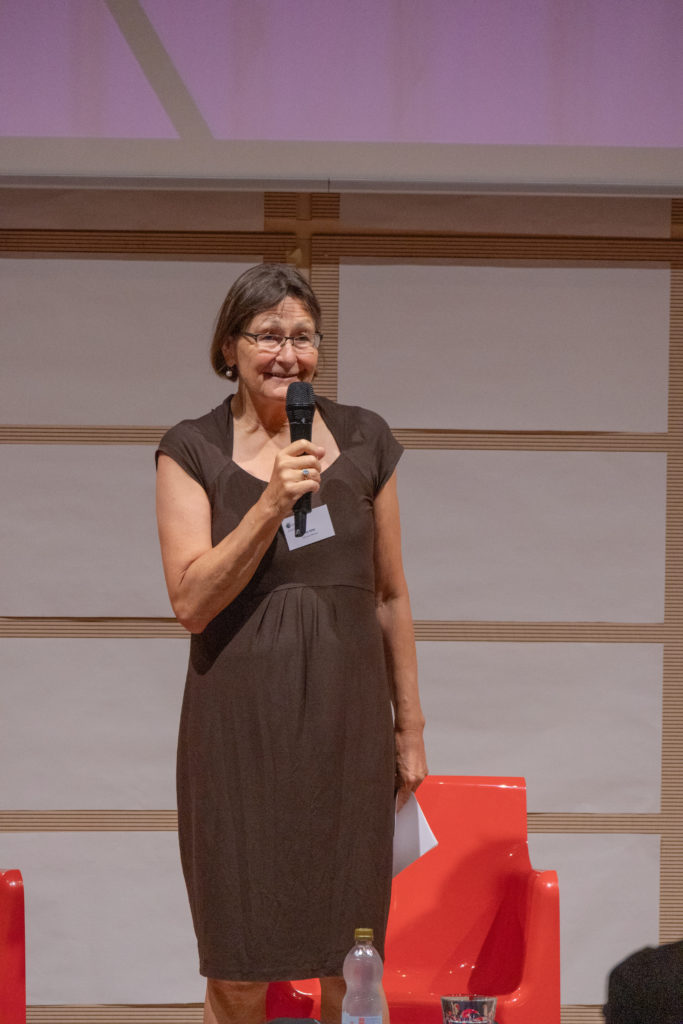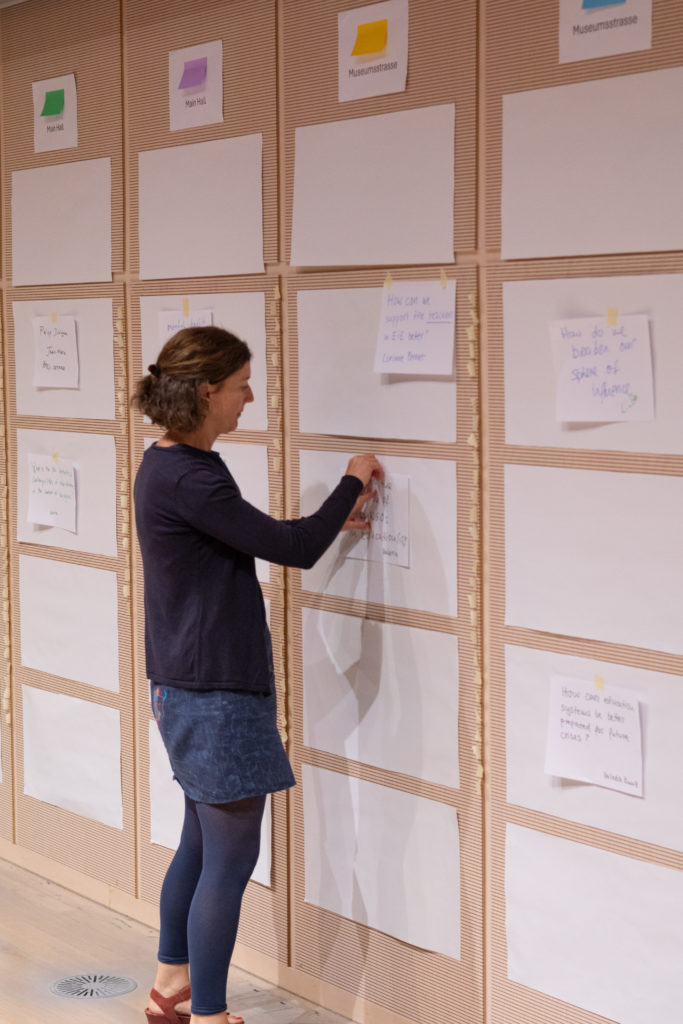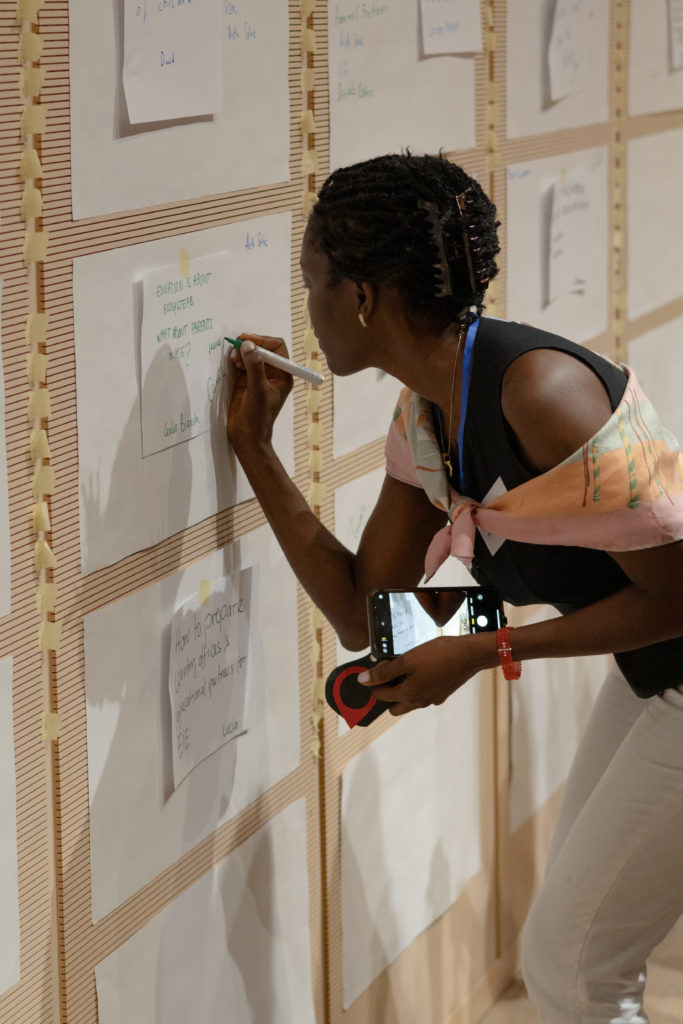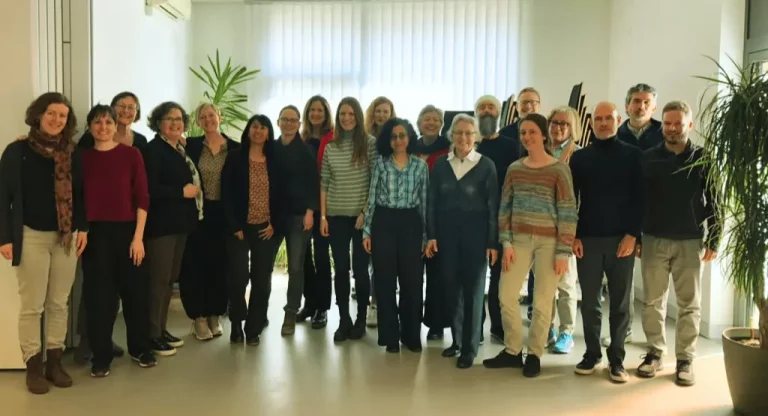The RECI Education Forum 2025 brought together more than 140 participants from over 40 countries, both online and in Bern, for a day of exchange, reflection, and collaboration under the theme “Education in Turbulent Times.” The Forum gathered practitioners, policymakers, researchers, and young voices to explore the role of education amid today’s interconnected crises, from conflict and climate change to funding shortages and technological disruption.
Through interactive open spaces, participants shared diverse perspectives and co-created ideas for strengthening education as a public good and global common. Discussions highlighted both urgent challenges and inspiring pathways for action: protecting learning in emergencies, reimagining curricula and pedagogy, amplifying youth participation, and addressing the promises and risks of artificial intelligence.
The conversation focused on how education systems are being tested by overlapping crises: conflict, climate change, funding cuts, democratic backsliding, and technological disruption.
Corinne Duriaux stressed the importance of the humanitarian, development, peace nexus, warning that education in emergencies is at risk of being deprioritised in global funding despite its central role in resilience and social cohesion.
Farida Shaheed highlighted education’s role as a human right and source of hope, while warning of deliberate attacks on schools, exclusion of vulnerable groups (especially girls, refugees, minorities, children with disabilities), and the rise of curriculum revisionism that erases diversity, gender, or historical injustices.
Linda Jones presented UNICEF’s analysis of polycrisis drivers: demographic change, climate stress, and technology. She underlined both risks (inequalities, resource competition) and opportunities (the “demographic dividend,” connectivity, digital tools), provided there is strategic investment.
Abdulwahab Debbas gave a grounded perspective from Syria, describing how funding shortages and demographic pressures overwhelm schools, teachers, and learners. He warned of a potential “lost generation” if quality and equity in education are not addressed.
The panel converged on key themes: education is not only about learning but also protection, stability, and social cohesion; chronic underfunding threatens long-term recovery; teachers are indispensable yet undervalued; and there is a need to reimagine curricula, pedagogy, and evaluation for a world in crisis.
The Forum concluded with an open « Conversation Café », where participants and panelists shared reflections in a circle. Everyone was invited to speak, raise questions, or simply listen.
Discussions highlighted the energy and commitment of the community, ongoing funding concerns, and the need to balance dedication with care and wellbeing. Youth voices called for meaningful intergenerational dialogue, while conversations on artificial intelligence stressed both opportunities and risks. Participants emphasized the urgency of reimagining education, curricula, pedagogy, and assessment, so it supports rights, mental health, creativity, and community.
The session closed on a positive note, encouraging the sharing of innovations and celebrating achievements alongside challenges.

